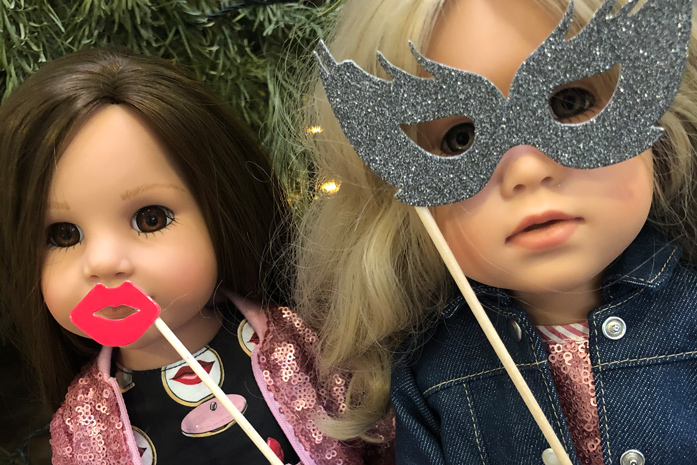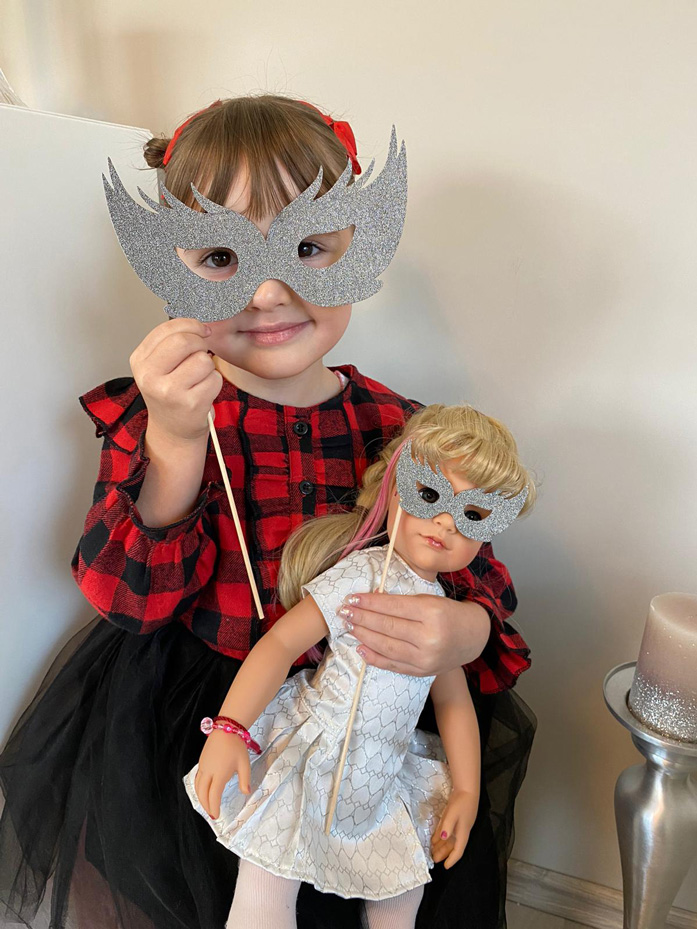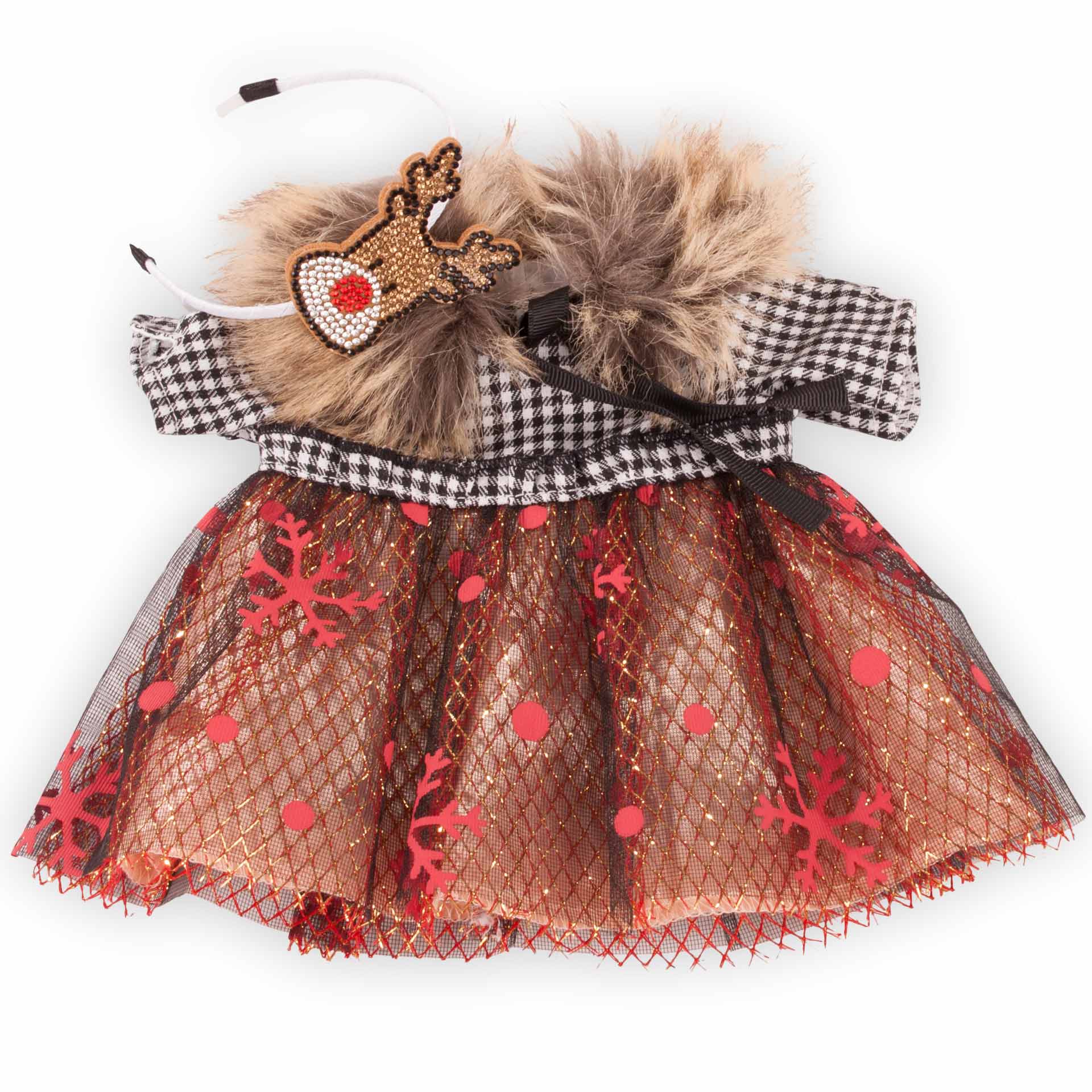A journey through time to the Germanic tribes
New Year's Eve goes back to pagan customs. For a long time, Christians used the term pagan to describe all religions that did not belong to Christianity. This also included the ancient Germanic tribes, who believed that the god of war, Wotan, was particularly mischievous during the darkest time of the year. This period was known as the Rauhnächte, and 31 December is in the middle of this time.
According to the beliefs of the Germanic tribes, Wotan travelled through the air on this very day with his army of ghosts. With the help of a lot of noise, the Germanic tribes tried to drive them away.
People have held on to this custom to this day, so New Year's Eve is characterised by fireworks, masked processions, and loud celebrations in many countries worldwide.
Why is New Year's Eve called New Year's Eve?
In the distant past, Pope Silvester the First once lived in the Roman Empire. As pope, he was the head of the Catholic Church. He died on 31 December 335.
After hundreds of years, he was canonised after his death.
The anniversary of the death of most saints is also their name day. For Pope Silvester, the first, this was 31 December. Since the 17th century, New Year's Day has been celebrated on 31 December.
So that dolls can also sparkle on New Year's Eve
Photos from Samaraagenstvo Feeria auf Pexels und von Yolanda Suen auf Unsplash






